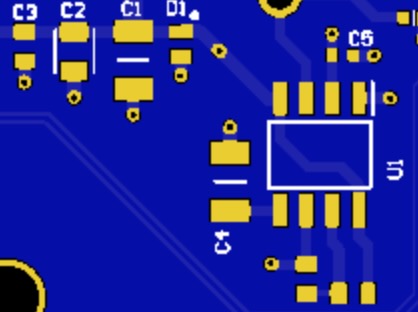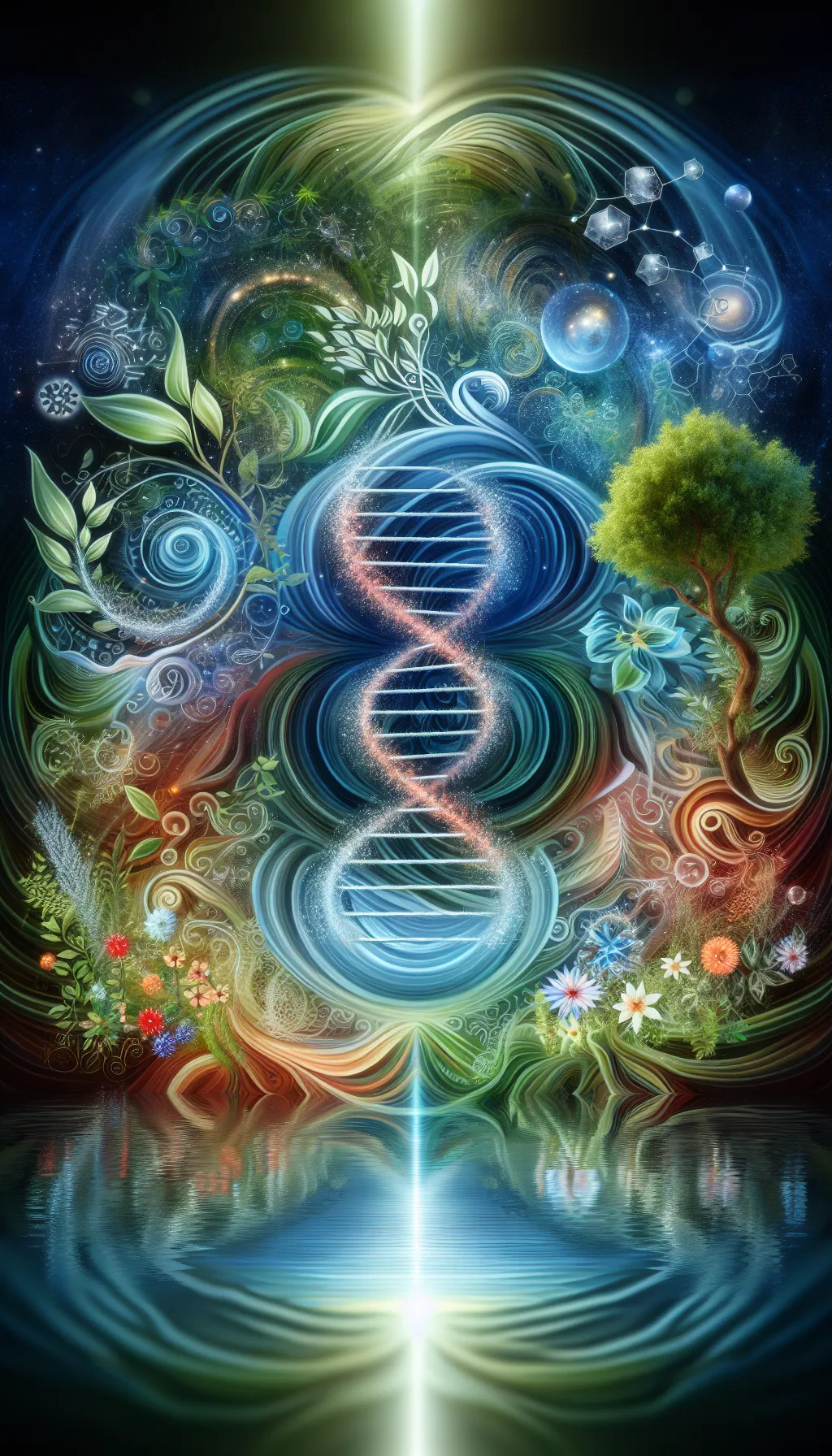Exact Measurement? For Innovation, and Progress
A coherence-based Noise Reduction System, approaches a time-independent reference, or exact standard, for the measurement of time. Download summary of scientific research here.
Epigenetics And Artificial Intelligence

Areas of Application of Coherence Technology Pdf download here: https://www.upgradingtechnology.com/support-files/areasofapplication.pdf
The emerging science of epigenetics, which investigates how environmental factors shape our genes, can shed light on how to design technologies that are in tune with our natural biological rhythms. This disciplin eschews the old notion of DNA as destiny and view genes as more akin to a grand metaphorical orchestra, where each musician, or gene, plays in response to the conductor's, or environment's, cues.
For instance, the brain, the maestro of our physiological symphony, undergoes minute and intricate changes every time we experience something new. Imagine neurons as assembly workers streaming ceaseless streams of coded messages amongst each other through synaptic highways. Each experience we have prompts a different array of workers to spring into action, delivering specific signals that effectively rewrite the blueprint of our brain's neural map. This plasticity of the brain is a living testament to the dynamic nature of our genetic orchestration.

Now, let us extend this metaphor to the realm of technology and artificial intelligence (AI). The less obtrusive, the more fine-tuned a technology is to our natural behaviors, the smoother the symphony of our genes will be played. Think of it like an audience attending a concert; an abrupt or harsh sound can shock and upset, possibly even causing fear or anxiety, influencing the way future sounds or similar situations are interpreted. In an equivalent way, technologies that are not fine-tuned to the needs of users create a jarring experience, affecting not only immediate user interaction but also long-term user perception and gene expression.
Artificial Intelligence As The Sympathetic Conductor Recognizing The Concert-goers' Needs
Artificial intelligence can serve as the sympathetic conductor, capable of refining and adjusting a symphony of responses based on a deep understanding and recognition of the concert-goers’ needs. Every time we interact with AI, the experience could begin to mirror the fluidity and harmony of a natural relationship, moving away from the boundary of human-machine interaction and towards a dynamic dance of co-evolution.
Breakthroughs in AI and machine learning, such as uncertainty quantification, are critical strides towards this goal. Uncertainty quantification is like refining the conductor’s interpretation of the audience’s applause and cues, sharpening the resulting performance. With better predictive accuracy and adaptability, AI technologies translate into a smoother, more life-like interaction.
As AI continues to advance, it can learn and adapt to our habits, our needs, even our moods. It could potentially form seamless and supportive environments that help us express our most positive genes, much like a well-rehearsed orchestra tirelessly pleasing its audience. Through such empathetic and predictive technology, AI can play a complementary and constructive role in our lives, fostering better mental health, productivity, and overall well-being.
Hence, the synthesis of epigenetics and AI underscores the imperative of technology that understands and respects the intricate symphony of our genes. It's not simply adapting to the digital era, it's orchestrating a harmonious interplay between our primal physiology and the advanced technologies we are capable of creating. As we continue to fine-tune this balance, technology will feel less like a tool and more like an extension of our biological selves. The journey to this level of integration is as much an exploration of our human nature as it is of technological innovation.